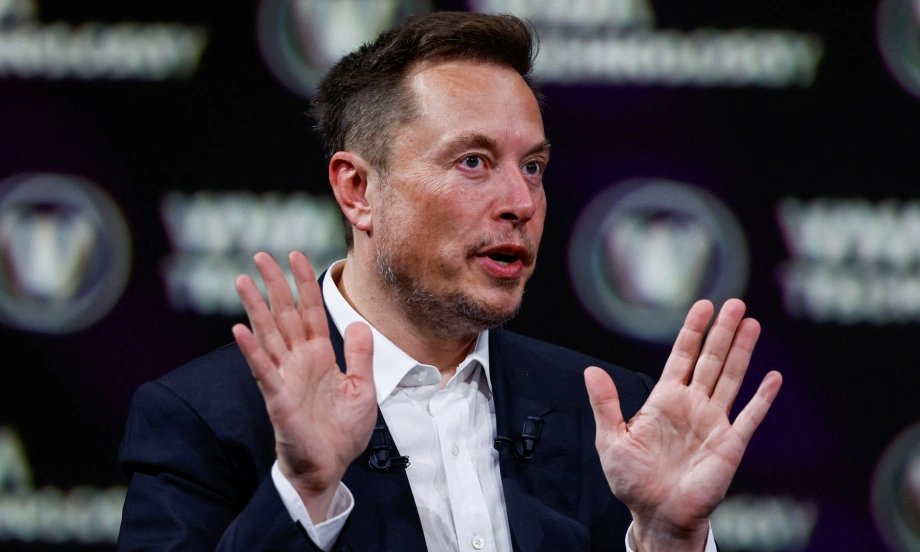In a world where ideas and innovation are currency, intellectual property (IP) laws serve as the legal framework for protecting creativity and invention. Patents, copyrights, and trademarks are designed to ensure that creators and inventors are rewarded for their work and are shielded from unauthorized exploitation. However, billionaire entrepreneur and Tesla CEO Elon Musk has stirred global debate by agreeing with the radical idea of abolishing these intellectual property laws altogether. His position, though controversial, echoes a growing movement that questions the true value and impact of intellectual property rights in the 21st century.
### The Philosophy Behind Musk’s Stance
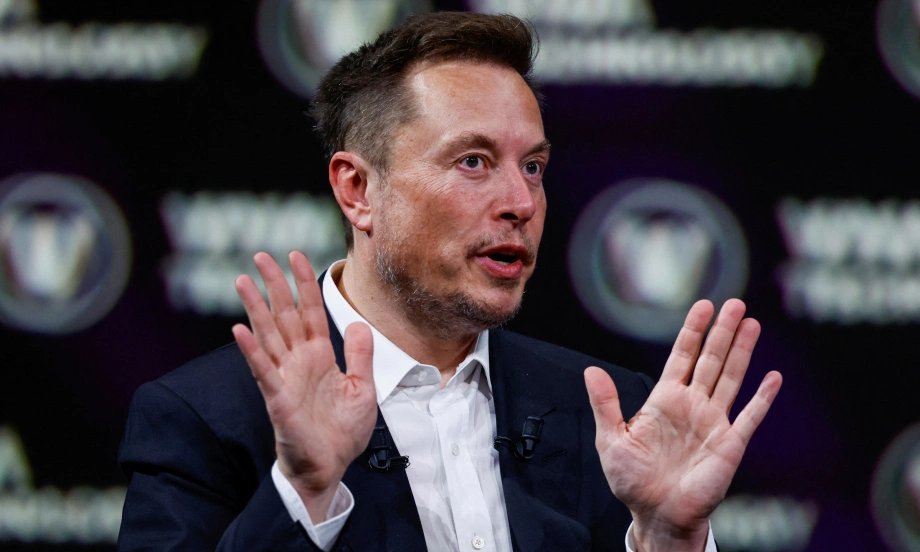
Elon Musk is not new to defying convention. Known for his disruptive ventures in electric vehicles, space exploration, and brain-machine interfaces, Musk thrives on shaking the foundations of traditional industries. His stance on IP laws aligns with his broader philosophy of open innovation. He believes that excessive reliance on patents can hinder progress, especially when corporations use them defensively or as tools for monopolization.
Musk has previously demonstrated his commitment to this belief. In 2014, Tesla made headlines when it announced that it would allow other companies to use its electric vehicle patents “in good faith.” Musk justified the decision by stating that Tesla’s true competition wasn’t other car manufacturers, but the ongoing and urgent threat posed by climate change. According to him, accelerating the adoption of sustainable energy technologies was more important than hoarding proprietary knowledge.
### The Case for Abolishing Intellectual Property Laws
Proponents of abolishing intellectual property laws argue that these regulations, rather than fostering innovation, often create barriers. Startups, independent developers, and small businesses frequently find themselves entangled in costly legal battles over patent infringements, often initiated by powerful conglomerates with deep pockets and vast legal teams. In such an environment, innovation can be stifled rather than encouraged.
Musk’s agreement with the idea of eliminating IP laws suggests that he sees innovation as something that should be shared freely for the betterment of humanity. The argument follows that if innovators weren’t restricted by the fear of lawsuits or licensing fees, they would be more inclined to build upon existing ideas and make improvements at a faster rate. Open-source models in software development offer a real-world example of how communities can thrive without rigid intellectual property constraints.
### A Historical Perspective
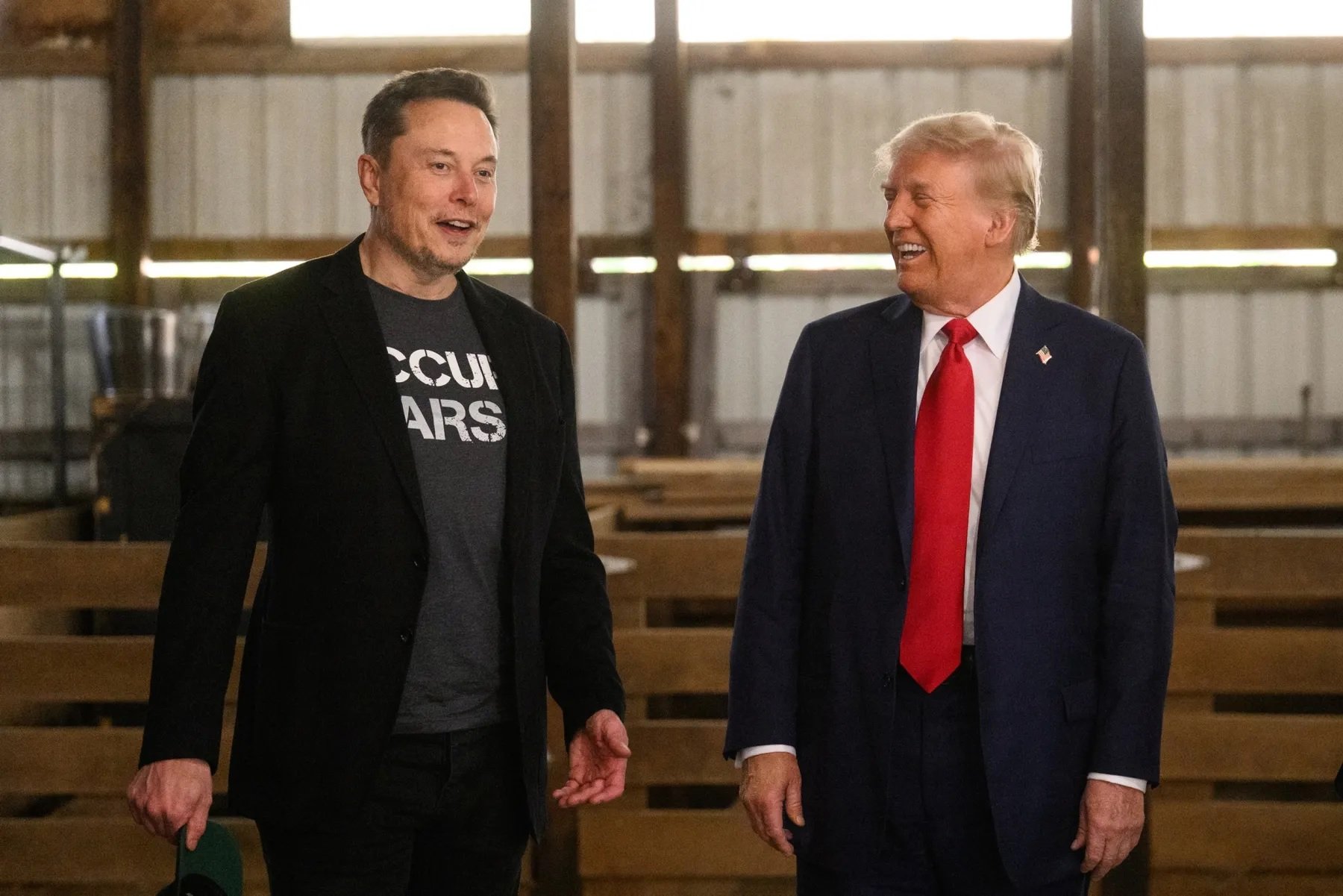
The concept of intellectual property is relatively modern. In ancient times and even during the Renaissance, knowledge and inventions were often shared freely, fueling rapid advancements in science and the arts. The formalization of IP laws began in earnest in the 17th and 18th centuries, coinciding with the rise of industrial capitalism. While these laws were designed to encourage investment in innovation, critics argue that they have since evolved into tools for corporate dominance.
By aligning himself with the idea of scrapping these laws, Musk is arguably advocating for a return to a more collaborative and open model of development, reminiscent of earlier periods in history when scientific and technological progress surged through open exchange.
### The Business Implications
If intellectual property laws were abolished, the impact on global commerce would be enormous. Industries such as pharmaceuticals, software, entertainment, and consumer electronics rely heavily on IP protections. Without patents, companies might hesitate to invest in long-term research and development, fearing that their breakthroughs could be copied immediately by competitors.
However, Musk’s position suggests that this fear may be overblown. He believes that the value of a company lies not in its legal protections, but in its ability to execute and innovate continuously. In a 2022 interview, Musk remarked, “You don’t need patents if your product is better than anyone else’s and you can move faster than the competition.” From his perspective, the competitive advantage comes not from legal exclusivity but from speed, quality, and vision.
### Critics Push Back
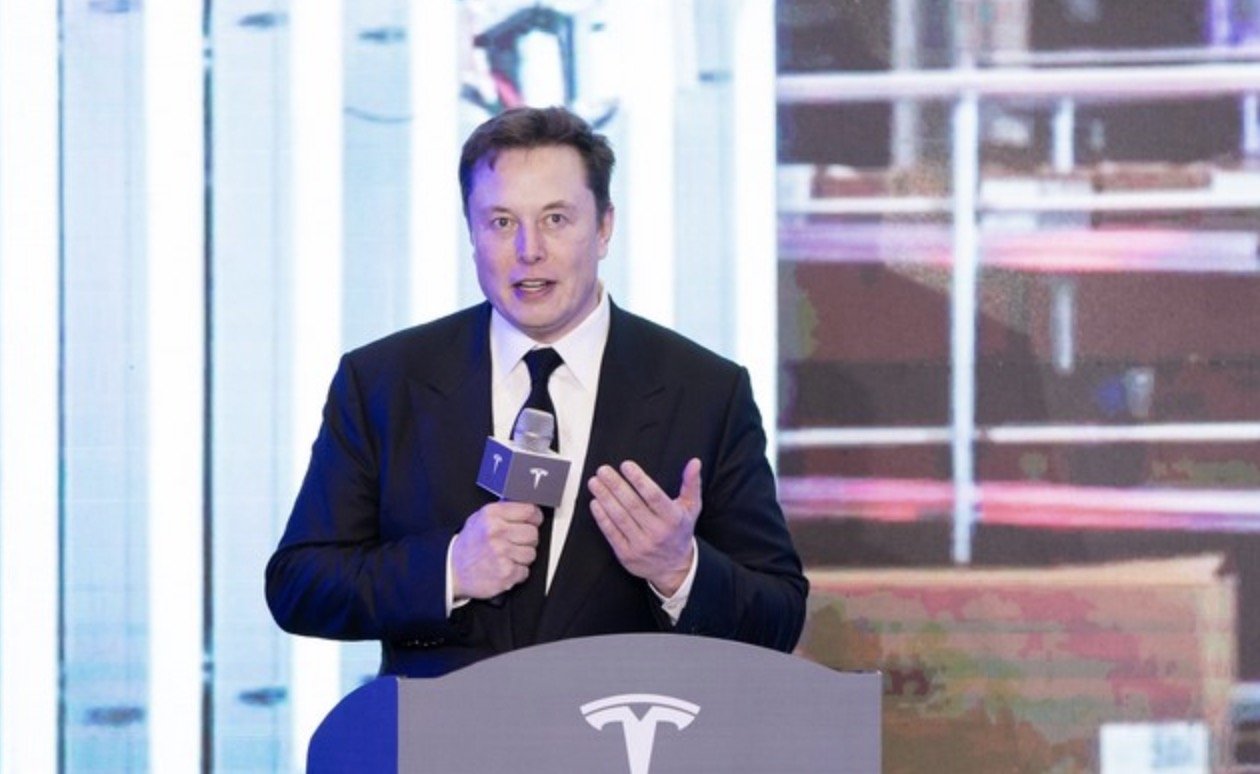
Not everyone agrees with Musk’s views. Critics warn that abolishing IP laws could devastate industries that depend on them for survival. For instance, in the pharmaceutical sector, companies spend billions developing new drugs. Without patent protection, there would be little incentive to make such investments, potentially leading to a decline in medical breakthroughs.
Moreover, artists, writers, musicians, and filmmakers depend on copyrights to earn a living. Removing these protections could lead to widespread piracy and economic instability in the creative industries. Critics also caution that without IP laws, powerful corporations with massive resources could still dominate, copying and mass-producing innovations faster than smaller entities.
### A Middle Ground: Reform, Not Abolition?
While Musk’s radical suggestion has generated headlines, some experts advocate for a more nuanced approach—reforming IP laws rather than eliminating them altogether. This might involve shortening patent durations, limiting the scope of what can be patented, or making it easier for smaller innovators to challenge unjust claims.
Open-source models like Linux and Creative Commons licensing systems offer examples of how innovation and protection can coexist. Musk’s Tesla patent strategy may also serve as a hybrid model—offering technology to others under certain conditions while maintaining some level of proprietary control.
### Global Impact and Legal Challenges
Abolishing IP laws isn’t just a legal matter—it’s a geopolitical one. International trade agreements, such as the Agreement on Trade-Related Aspects of Intellectual Property Rights (TRIPS), bind countries to enforce certain IP standards. Dismantling these frameworks would require unprecedented global coordination and face immense resistance from powerful interest groups.
Elon Musk’s influence, however, gives his opinion weight. As one of the most visible and influential entrepreneurs in the world, his endorsement of such a disruptive idea forces lawmakers, business leaders, and academics to reevaluate long-standing assumptions.
### Innovation Without Ownership: A Utopian Vision?
The idea of a world without IP laws paints a vision of borderless collaboration, where innovation flows freely and is built upon collectively. Supporters argue that this could accelerate humanity’s progress toward solving global challenges like climate change, disease, and food insecurity.
However, such a utopia assumes that all participants act in good faith—a risky assumption in the fiercely competitive landscape of global business. Even Musk’s own ventures, like SpaceX and Neuralink, operate in domains where IP protections are still actively pursued, at least to some extent.
### The Future of Intellectual Property: Evolution or Extinction?
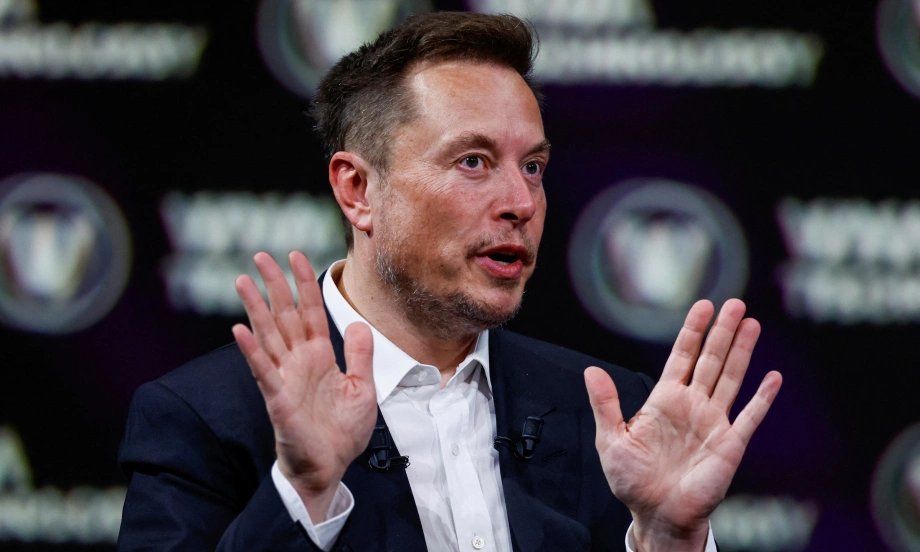
The debate over intellectual property laws is far from settled. As technology evolves and the boundaries between creator and consumer blur, the legal frameworks governing innovation may need to evolve as well. Musk’s bold stance adds fuel to an ongoing global conversation.
Whether the future brings total abolition, moderate reform, or a doubling down on existing systems, one thing is clear: the way we think about ownership, innovation, and progress is changing. Elon Musk, as always, is leading the charge—unafraid to question the very rules that have shaped modern industry.
### Conclusion: Disruption in Thought and Policy
Elon Musk’s agreement with the idea of abolishing intellectual property laws is more than a headline—it is a philosophical declaration about the nature of progress and the barriers that stand in its way. While the practical implementation of such an idea remains uncertain, its symbolic value is immense. It challenges industries to reevaluate their reliance on exclusivity and secrecy and to consider whether a more open, collaborative future is not only possible but desirable.
As the world continues to grapple with complex challenges that require rapid innovation, the debate over intellectual property will likely intensify. Whether we move toward total openness or find a middle path, Elon Musk has once again succeeded in pushing the boundaries of the possible—and daring us to imagine what lies beyond them.
